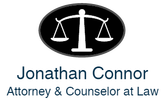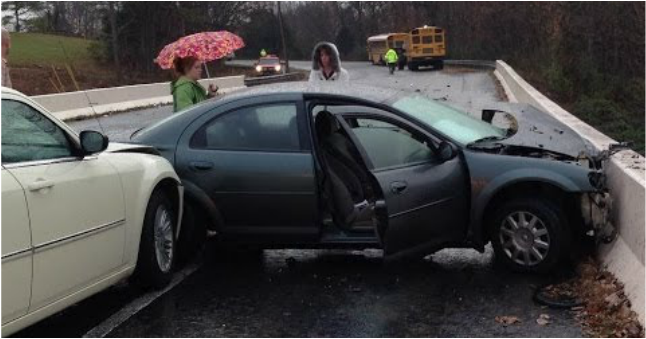What should I do if I'm in a wreck?
1. See if anyone is injured, and call 911 for anyone who is injured.
2. Contact law enforcement to investigate the wreck.
3. Avoid apologies and other statements that may be viewed as an admission that you were at fault.
4. Obtain contact information from witnesses who saw the wreck happen.
5. Take photographs of both vehicles to document that they were damaged in the wreck.
6. Seek medical treatment promptly for your injuries. Even if you think you are only sore and stiff, a doctor will be able to check for more serious injuries that may not be obvious, such as hairline fractures or a concussion. Be sure to tell your doctor about the wreck, and be specific about all of your injuries. Also, if you delay treatment, the other driver’s insurance company or attorney may argue that the gap in time between the wreck and treatment means that you weren’t hurt in the wreck. Give your health insurance information to your medical providers, and keep bills and receipts.
7. If you are unable to work as a result of your injuries, ask your doctor for a note that you can give your employer to show that you can’t work. Be sure to keep a
copy of the note.
8. Notify your insurance company. If you have coverage for collision, medical payments, and under-insured or uninsured claims, you may be entitled to certain
compensation from your insurance company.
9. Consult an attorney before talking to the other driver’s insurance company. Under North Carolina law, a person who is partially at fault for a wreck, even as little as 1%, may be barred from any recovery. The other driver’s insurance adjuster is likely to ask questions that are designed to get you to say that you did something that can be used to show that you were partially at fault. The adjuster may also ask you to sign a medical authorization that will allow the insurance company to obtain your medical records. Talk to an attorney before giving a statement to the adjuster or signing any documents.
10. Resist the urge to post anything online about your wreck and injuries. The other driver’s insurance company or its lawyer may later use these posts against you.


